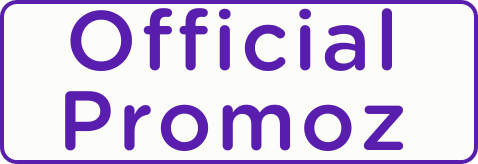Introduction
Unlocking the mysteries of arousal involves delving into the intriguing realm of mind chemistry. Within the realm of minute chemistry lies the key to understanding the intricate arousal reaction that influences human behavior and emotions. In this article, we explore the chemistry of arousal and reveal the seven arousal triggers that have the power to ignite passion and desire. Whether you seek a deeper understanding of the triggers that spark arousal or wish to enhance intimate connections, this exploration of arousal triggers offers valuable insights into the science of attraction and desire.
Benefits of Understanding Arousal Triggers
Understanding arousal triggers can lead to a more profound connection with your partner, enhanced intimacy, and increased satisfaction in your relationships. By unraveling the secrets of arousal triggers, you can discover new ways to ignite passion and desire, leading to a more fulfilling and satisfying love life.
Detailed Explanation of arousal triggers
Arousal Triggers refer to stimuli or cues that generate a physiological or psychological response associated with arousal. These triggers can vary from person to person, but there are common patterns that tend to elicit arousal reactions in most individuals. The chemistry of sexual arousal involves a complex interplay of hormones, neurotransmitters, and brain activity that work together to create feelings of desire and passion.
Arousal Triggers for Women
Women may be triggered by a variety of stimuli, including physical touch, emotional connection, and sensory experiences. Understanding the specific triggers that resonate with women can help enhance intimacy and deepen emotional connections in relationships.
Male Arousal Triggers
Men may respond to different cues that stimulate arousal, such as visual stimuli, verbal cues, and physical sensations. By recognizing and leveraging male arousal triggers, partners can enhance sexual experiences and strengthen their bond.
FAQs About Arousal Triggers
What Chemical Causes Arousal?
The chemical dopamine plays a key role in the arousal response, creating feelings of pleasure and reward in the brain. Dopamine is released during moments of excitement and anticipation, contributing to the overall experience of arousal.
What Triggers Arousal in the Brain?
Arousal in the brain can be triggered by a variety of factors, including sensory stimuli, emotional cues, and past experiences. The brain processes these signals and generates a response that manifests as arousal.
what triggers female arousal?
Female arousal can be triggered by a combination of physical, emotional, and psychological stimuli. Factors such as intimacy, trust, and connection play a significant role in stimulating arousal in women.
What Hormone Triggers Arousal?
The hormone testosterone is known to play a role in triggering arousal in both men and women. Testosterone influences libido and sexual desire, contributing to the arousal response.
What Triggers Arousal Trauma?
Arousal trauma can be triggered by past experiences of sexual abuse or trauma that are associated with arousal triggers. These triggers can evoke distressing or uncomfortable emotions and responses in individuals who have experienced trauma.
Conclusion
In conclusion, delving into the realm of minute chemistry and arousal triggers unveils the intricacies of human desire and passion. By understanding the chemistry of arousal and identifying the triggers that ignite passion, individuals can deepen their emotional connections, enhance their intimate relationships, and cultivate more satisfying experiences of love and desire. Embracing the science behind arousal triggers empowers individuals to unlock the full potential of their intimate connections and enrich their love lives.


